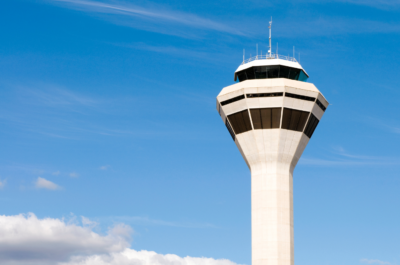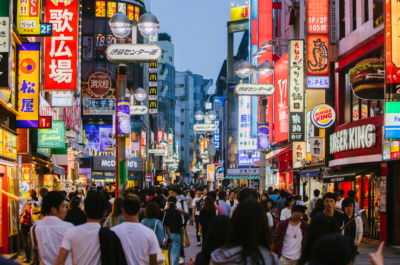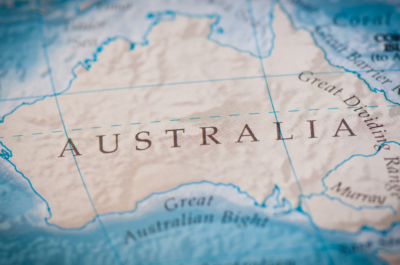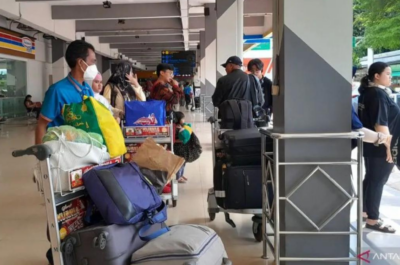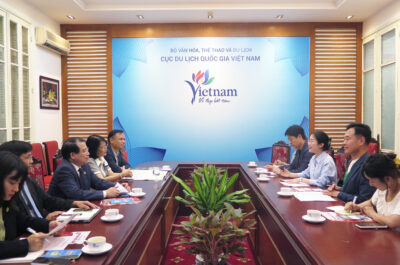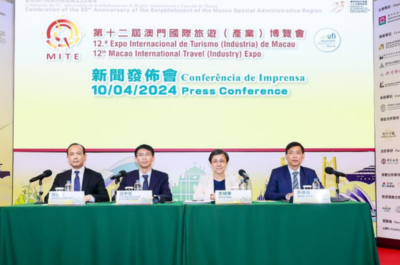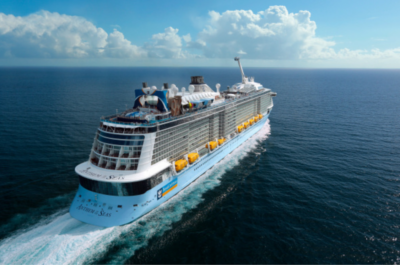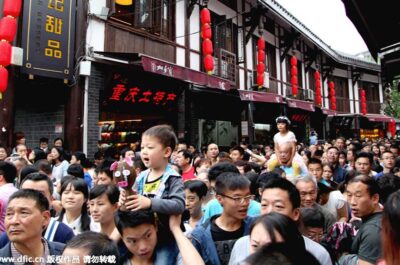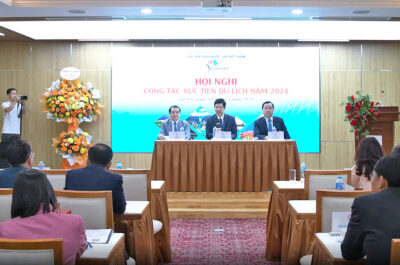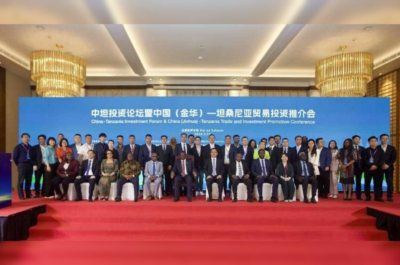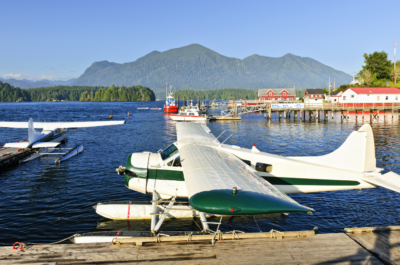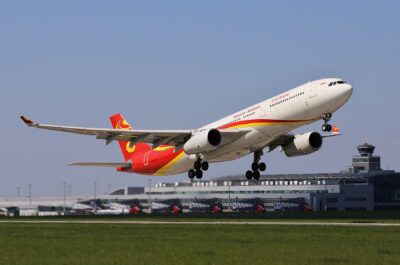Over the last decade China`s Government has progressively liberalized outbound travel regulations, with the result that demand…
Over the last decade China`s Government has progressively liberalized outbound travel regulations, with the result that demand has soared. Measured in terms of cumulative arrivals in destinations around the world, the Chinese outbound travel market has averaged around 20 per cent growth per annum, consistently outperforming forecasts.
In 2001 the Chinese recorded more than 12 million outbound trips – a growth of nearly 140 per cent over the previous five years and 15 per cent over 2000 alone. Preliminary estimates for the first half of 2002 point to a further increase of 34 per cent, to 7.4 million.
The top destinations for China outbound travel in the first half of 2002 were Hong Kong, Macau, Thailand, Japan, Russia, South Korea, the USA, Singapore, Vietnam and Australia. A number of these and other destinations attracted strong double-digit increases. Hong Kong, Singapore, the Philippines and New Zealand were all up more than 40 per cent in terms of arrivals from China, compared with the first half of 2001.
Asia accounts for 85 per cent of all trips, said John Koldowski, Managing Director of the Pacific Asia Travel Association`s (PATA`s) Strategic Intelligence Centre, speaking at a recent WTO meeting in Cairo. This puts the region far ahead of Europe, in second position with a 9 per cent share. Other regions such as the Middle East currently attract very small numbers, although growth prospects are good.
Chinese tourists already account for more than 30 per cent of total arrivals in Macau, Hong Kong, Taiwan, Mongolia and Vietnam, as well as 14 per cent of arrivals in Japan and a 10 per cent share in the Republic of Korea. In fact, if it had not been for a 43 per cent increase in mainland Chinese visitors from January to June this year, Hong Kong`s arrivals count would have stagnated.
Russia has just become the 22nd country to gain `approved destination status` for Chinese outbound travel, which means that package tours can now be organised to the destination.
This will undoubtedly boost leisure travel demand if the experience of other countries with newly acquired approved destination status is anything to go by, said Koldowski.
Australia, for example, has seen phenomenal growth out of China since it was first added to the list, he said. The Chinese market recorded a 14 per cent increase in the first half of 2002 and is projected to grow by 21 per cent a year between 2001 and 2012.
The number of domestic tourists in China, meanwhile, is expected to reach 810 million this year, with related revenue estimated at around US$50 billion, according to the China National Tourism Administration – reflecting a higher rate of growth for the tourism industry than for the national economy as a whole. The number of domestic tourists rose from 410 million in 1993 to 784 million in 2001, and annual revenues from domestic tourism increased over the same period from US$11 billion to US$44 billion.
With an additional boost as a result of China`s accession to the World Trade Organization, the market is now widely forecast to overtake Japan in terms of outbound trip volume within one to two years.
But it is not simply the volume of trips that is impressive. The Chinese are also among the highest spenders per capita on travel abroad, generating a mean US$2,090 per trip for an average 12-night trip, including air fares.
Travel for private purposes (largely holidays) is gaining share, according to Koldowski, accounting for some 50 per cent of total trips last year. This is in large part due to the fact that interpretation of the rules governing `private purposes` has been significantly relaxed.
Whereas in the past it meant that such a trip had to be 100 per cent financed by an overseas friend, relative or sponsor, Koldowski said, it can now be financed by the traveller himself/herself.
The Chinese have a preference for city holidays, which account for an estimated 40 per cent of all outbound trips, followed by sun and beach holidays (27 per cent) and touring trips (20 per cent). Chinese outbound travellers are younger than those from most of the world`s key source markets – the mean age is 37 years – although travel among the older age groups is reportedly growing the fastest.
Economic forecasts suggest the Chinese Renminbi should remain relatively stable in the short term. China also has massive foreign exchange reserves and a healthy balance of payments – the current account posted a US$5.1 billion surplus in the first half of 2001.
Moreover, China remains one of the most cost-competitive countries in the region. By way of example, the average hourly wage rate in manufacturing was only US$0.42 in China in 1999, or 2 per cent of the level in the USA, and it compared with Mexico`s US$2.09 rate and Malaysia`s US$2.26. As a result, moderate depreciation of regional currencies would not exert much pressure on China`s fixed exchange rate. A relatively strong Renminbi will boost consumer confidence and overseas travel, but will benefit neighbouring Asian destinations disproportionately.
This is in line with current forecasts that the Chinese will continue traveling relatively close to home for the near future.
If the Free Trade agreement between the countries of Southeast Asia and China become a reality this will produce a huge trading bloc that will affect some 1.7 billion people and generate US$1.2 trillion in two-way trade. What will that do to generate intra-regional travel? Koldowski surmised. Quite a lot, we suspect.
Vicky is the co-founder of TravelDailyNews Media Network where she is the Editor-in Chief. She is also responsible for the daily operation and the financial policy. She holds a Bachelor's degree in Tourism Business Administration from the Technical University of Athens and a Master in Business Administration (MBA) from the University of Wales. She has many years of both academic and industrial experience within the travel industry. She has written/edited numerous articles in various tourism magazines.
































